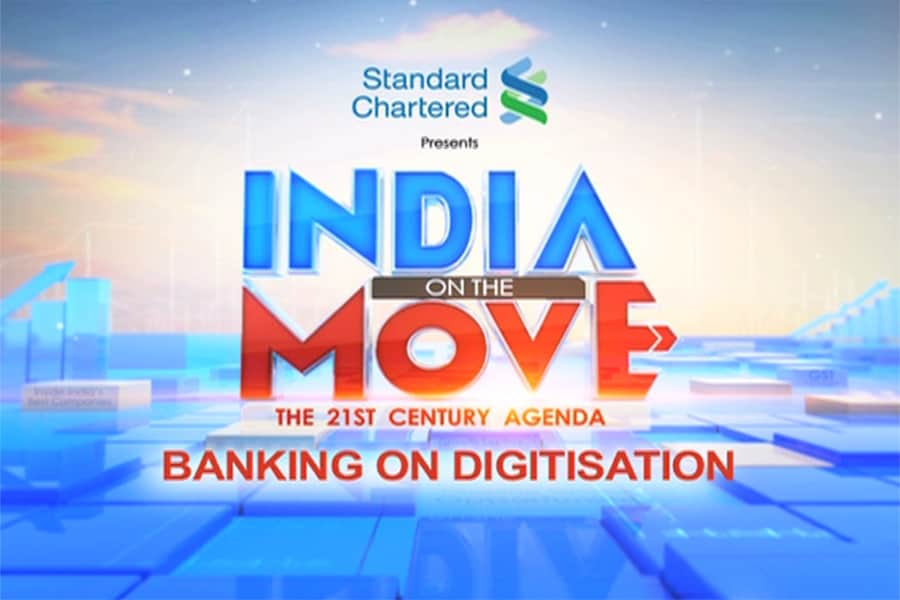
India Banks on Digitisation

Digitisation has revolutionised every aspect of life in the 21st century. From smartphones and self-driving cars to genome editing and the rise of robots, few things have remained untouched by technology. Such a landscape makes it more important than ever for businesses and industries to adapt to and integrate modern technologies and innovations. And if there’s one sector that understands this better than any other, it’s banking.
There’s no denying that the fintech game has changed dramatically in the last few years, automating a number of manual procedures along the way. But while the advent of services like e-banking and mobile banking have vastly simplified things, a lot of the operations still require customers to be physically present at the bank. This appears to be changing faster than ever, as the government continues its push towards the country’s digitisation.
Perhaps the best-known of these initiatives is the Unified Payments Interface (UPI). Developed by the National Payments Corporation of India (NPCI), it allows seamless fund routing and inter-bank transactions through the Bharat Interface for Money (BHIM) app.
However, few people realise the extent to which the banking sector has embraced changing times. Between Bharat QR Code, Bharat Bill Payment and corporate banking platforms like Straight2Bank NextGen, the industry is undergoing a digital overhaul.
Despite all this, professionals in the tech and banking sectors are not just resting on their laurels. New technologies that are enhancing customer experience, operational ease and data security are being released every day, with many more in the pipeline. The second edition of Standard Chartered Bank’s annual conference ‘Banking on Digitisation’, which was recently held in Mumbai, charted how far we’ve come and put the spotlight on what the future holds.
The most noteworthy of these fintech innovations is the India Stack – APIs through which the government, businesses, startups and developers work towards a future that is paperless, presenceless, cashless and secure. A culmination of the Pradhan Mantri Jan-Dhan Yojana, Aadhar and widespread Mobile access – or as CIIE Chief Innovation Officer Sanjay Jain calls it, ‘JAM’ – it seeks to create comprehensive digital records, linked to a universal biometric digital identity, allowing users to securely conduct cashless transactions. This, in turn, will let users remotely open a bank account, exchange ID documents online and sign documents digitally. Not only does this bring millions of Indians into the formal economy and further financial inclusion, but it also makes way for things like e-KYC, which dramatically brings down the cost of customer onboarding, while ensuring that the process is completely authentic and secure.
Alan Lin, the Global Head of Cash Management at Standard Chartered Bank, further makes the case for digitisation in the banking world by emphasising the importance of real-time decisions. Right from instant approval of transactions to hassle-free processing of payments, technology is giving customers of the 21st century what they most want – instantaneous action. Speaking about the importance of APIs, Lin commented that they are shifting the industry’s processes “from reactive to proactive.”
With technologies like AI becoming widely accessible to businesses, and increasing focus on interoperability, we’re inching towards a true digital experience everyday. A digital experience that goes beyond just sending a one-time password (OTP) or logging in using social media, as pointed out by Ankit Ratan, the Co-Founder of Signzy, which offers digital onboarding solutions to financial institutions.
All these innovations and their applications illustrate just how important it is for professionals and thought leaders from the government, tech industry and the finance sector to come together and exchange ideas. And with platforms like ‘Banking on Digitisation’, growing government support and the ingenuity of these fintech professionals, the transition to a truly Digital India promises to be smoother than ever, especially for the banking sector!




